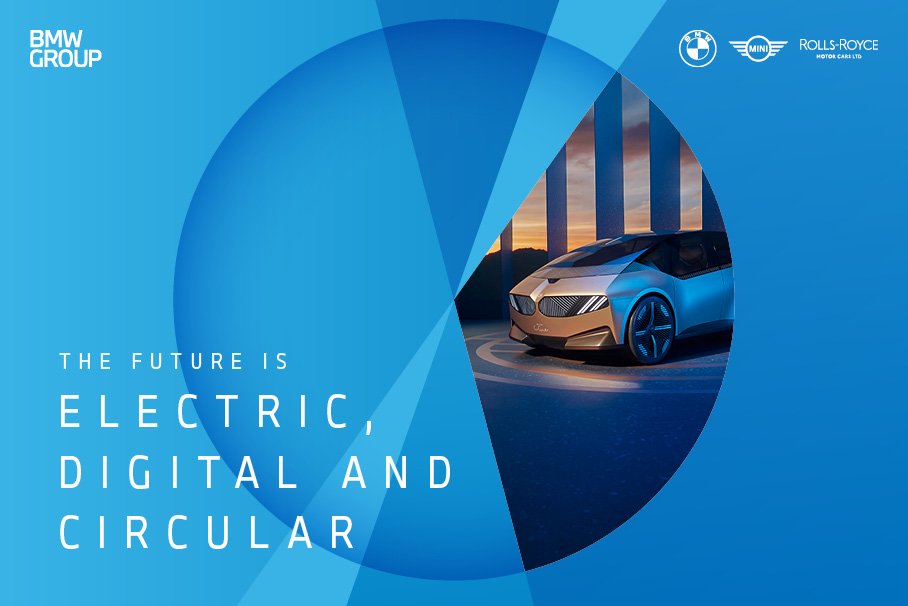In a first for the automotive industry, BMW’s NEUE KLASSE of electric cars, due to arrive in 2025, will contain plastic components created from 30 percent recycled fishing nets and ropes, resulting in trim pieces with a 25 percent lower carbon footprint than parts made from traditionally manufactured plastics.
The BMW Group is expanding its recycling of marine plastic trash through a new initiative created in collaboration with the Danish business PLASTIX. Following separation, fishing nets and ropes are subjected to an innovative procedure that yields plastic granules.
Until now, recycled marine plastic has only been utilized in the automobile sector as fibers for new car components. The raw material for the components manufactured in this way can consist of around 30 percent maritime plastic waste.
Recycling commercial fishing ropes is a significant concern in terms of minimizing ocean plastics.
How big is “Huge”? At least 46 percent of the Great Pacific Garbage Patch is made up of industrial fishing nets that proliferate by “grabbing” waste. “Debris greater than 5cm transported more than three-quarters of the [Great Pacific Garbage Patch] mass,” according to this Nature research.
Creating a market for discarded commercial fishing nets might significantly reduce the practice of cutting the ropes and letting them drift in the ocean when they become tangled. These nets can be proactively procured as a raw material at practically any major port around the world, and procedures like these by BMW might ensure that they don’t wind up as sea garbage.
Reference- BMW Newsroom, Nature Study, Clean Technica, Inside EVs, Popular Mechanics
